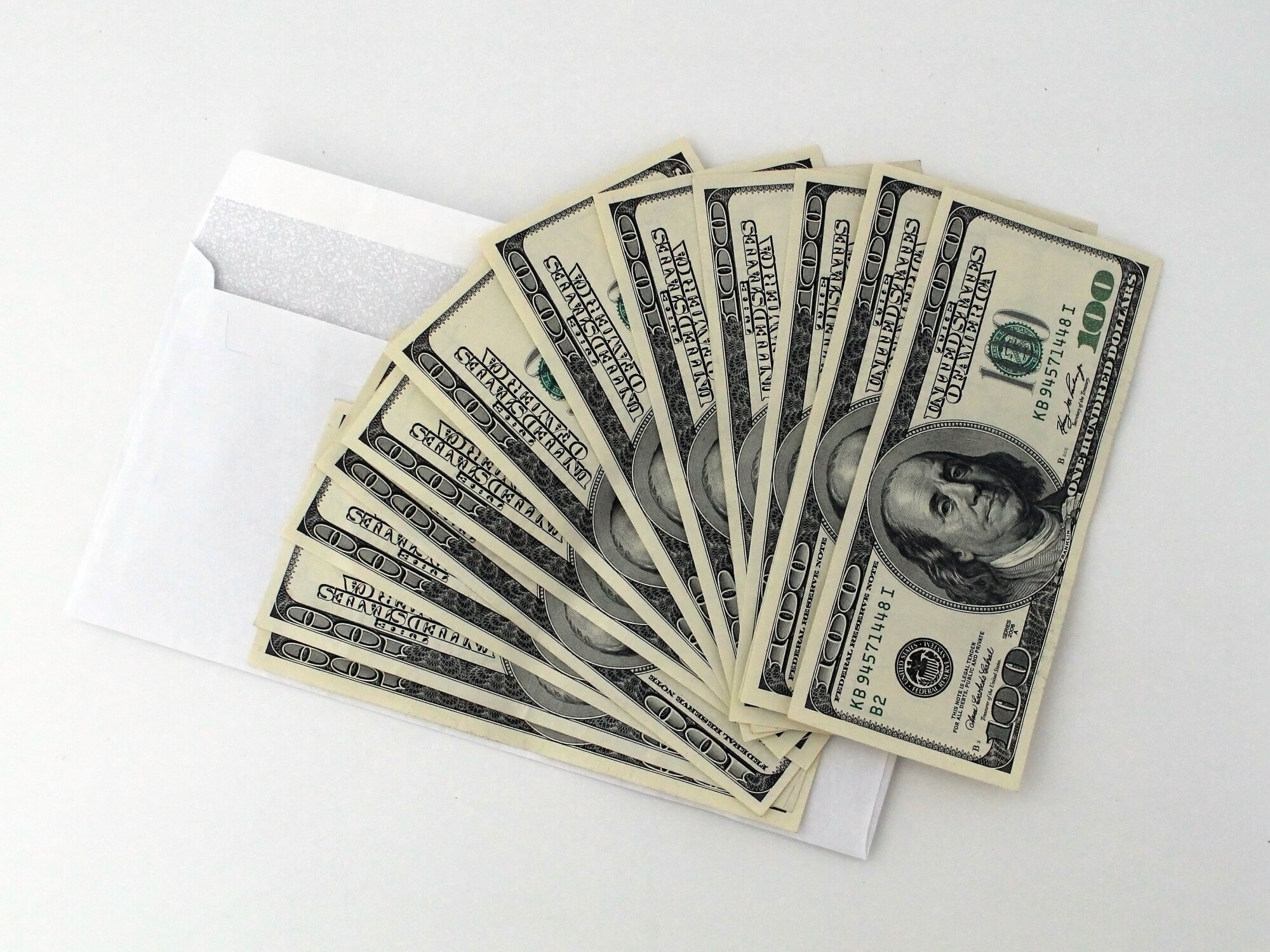If you're a landlord and you're not collecting rent the right way, it can be tough to get your money on time every month. With rents rising everywhere, it's important to be careful about who is renting your property and how they will pay.
That's what this guide to rent collection is all about.
Assessing Potential Tenants
The most important tip we have for any Virginia landlords is that it's important to find the right tenants! This means finding people who pay rent promptly and take care of your place. How do you do this?
By carefully checking out each person interested in your rental. You'll need to ask for references from past landlords, look at credit reports, and sometimes even check their job or bank details.
Establishing a Transparent Lease Agreement
When you're renting out a property, creating a clear and fair rental agreement is important. This agreement should tell your tenants how and when to pay monthly rent. It should also set a fair rent price that matches what other landlords are asking for.
Plus, it should let your tenants know who will pay for utilities like water and electricity and when these payments are due. While it might seem like a hassle initially, a transparent lease agreement makes things easier for everyone.
Providing Payment Flexibility
Rent collection laws state that you must give tenants a few extra days to pay rent if needed (usually three to five days). Ensure your rental contract is clear about late fees and when you might have to ask a tenant to leave. This way, you're being kind and understanding and ensuring everyone knows the rules.
Diversifying Accepted Payment Modes
Landlords often allow renters to pay in different ways. This helps renters choose what's best for them, which can ultimately help avoid late rent payments. Unsure what kinds of payment methods to offer? Here are a few suggestions:
- Cash payments are quick but can be hard to keep track of, making it easy to have disagreements about what was paid and when.
- Direct deposits let renters move money from their bank account to yours, but there could be a small fee, and sometimes it takes a week to show up.
- Online platforms are digital and automatic, meaning that renters can check their balance, set up automatic payments, and see any late fees.
- Checks are old-fashioned but still used by many landlords even though they can take time to clear (and sometimes they bounce; yikes).
And finally, payment services like PayPal, Venmo, or Zelle make transferring money easy. But they're not meant for long-term rent payments and shouldn't be used if you can avoid them.
Implementing Late Charges and Grace Durations
What should you charge if rent payments are consistently late? The typical late fee is 5% of the monthly rent. Remember to put this amount in the rental lease to avoid legal problems.
Rent Collection Services
Tired of rent collection issues or simply don't know how to collect rent efficiently each month? Benefit from our rent collection services, which are included in our property management packages.
We are committed to delivering valuable information to investors and property owners for maximum returns, ensuring you get paid on time every month.
Don't navigate this complex market alone. Contact us today and let them maximize your property's potential together.



